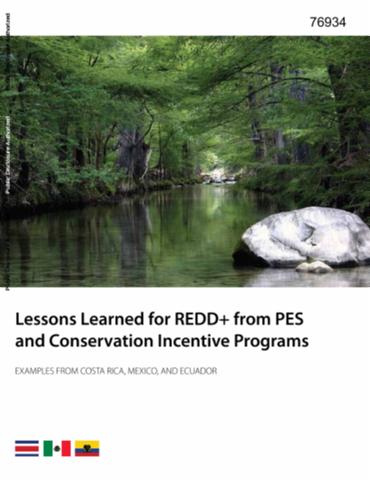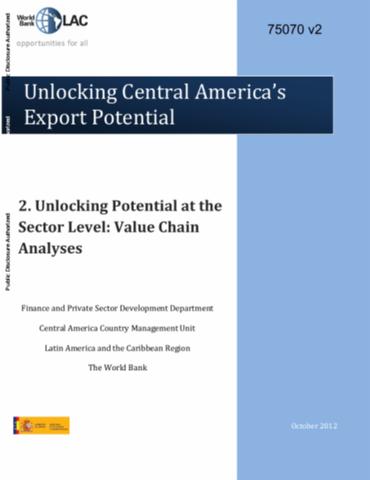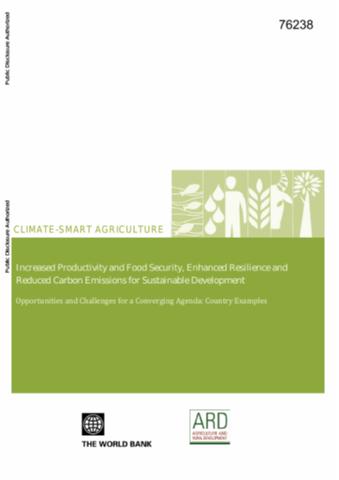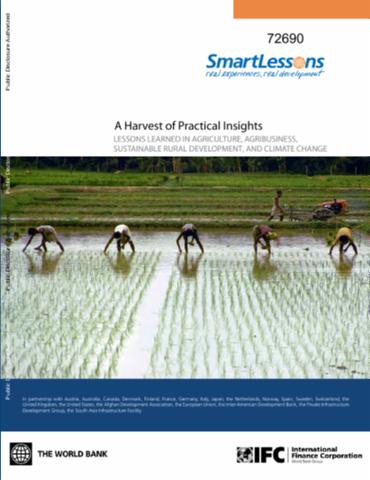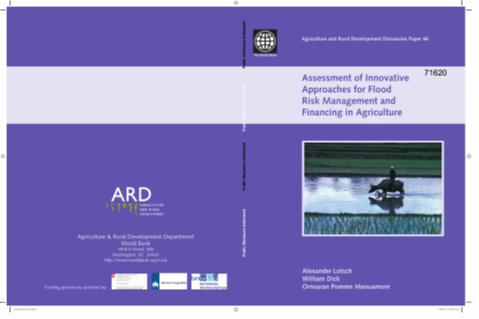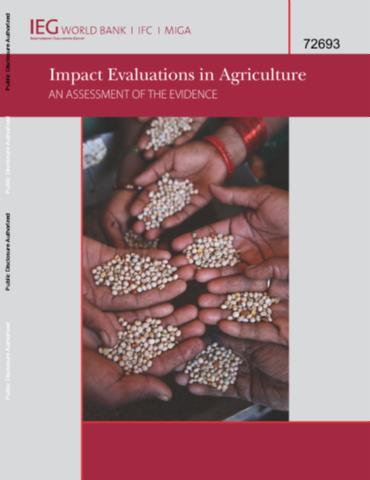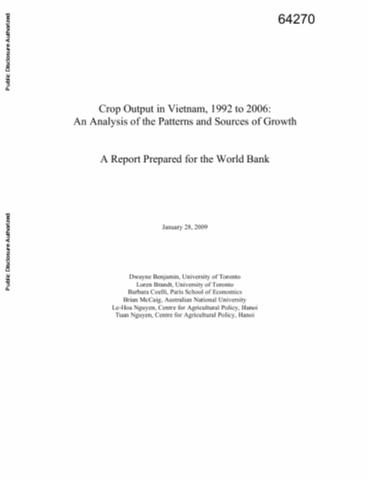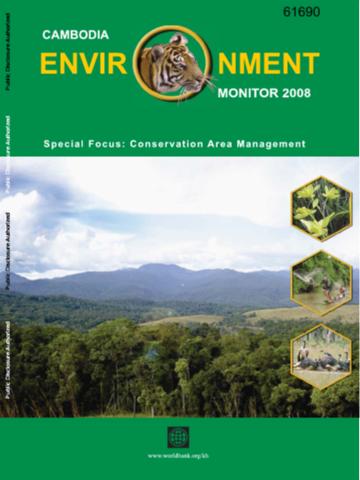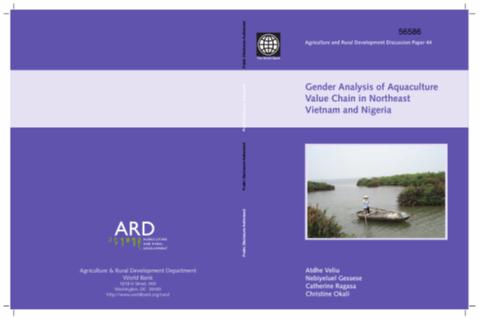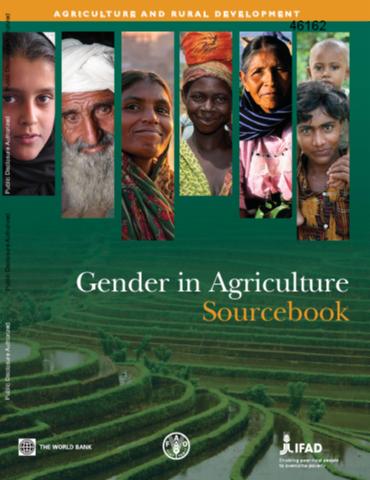Lessons Learned for REDD+ from PES and Conservation Incentive Programs
Mexico, Costa Rica, and Ecuador have substantial experience with implementing payments for ecosystem services (PES) and conservation incentive programs. Yet, many aspects of their experiences remain poorly understood and will require special attention in any new or expanded use of these types of incentives.

